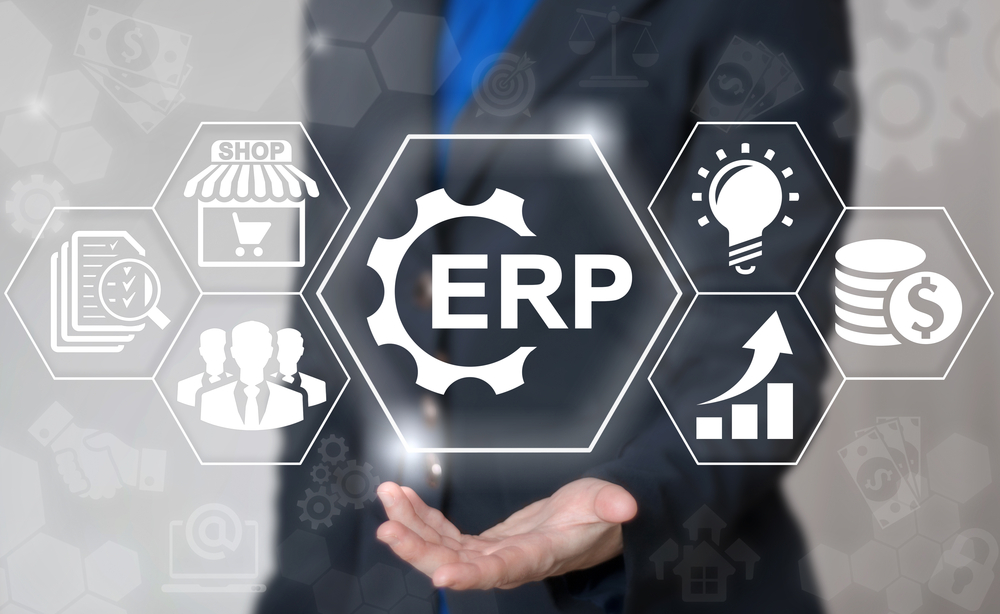ERP was one of the biggest revolutions in the corporate world for the last couple of decades. Last fifty years have witnessed emergence of many management theories but none of them had seen such widespread adoption. ERPs have given a new status to information technology.
It is not a support function anymore; it has to be integrated into every organizational process. ERPs have made the position of corporate CIO mandatory for organizations Implementing ERP (most of them earlier used to have an IT manager at the helm of affairs for taking all IT decisions). ERPs had made it possible for the functional managers, who used to run production in factories, do selling in the market or maintain accounts in a corporate, to move to IT, an area that was almost reserved for programmers or network engineers just thirty years back.
While studying such changes, the obvious question which comes to our mind is why invention of the ERP software had changed everything so drastically. It is true that invention of ERP technologies was a milestone in itself, but in the last thirty years, organizations globally were also going through a set of changes which made it necessary for an integrated information system and that was perhaps the reason why ERPs had a rapid success as soon as these applications were introduced.. Let’s understand these changes in detail.
From Department to Enterprise
Traditionally organizations are always structured around departments, i.e. sales sell products, production department produces them, & the procurement department and quality department does quality inspection. It is expected that overall organization’s objectives will be achieved if all these individual departments work as per their plan. But that is not always the case as every department has their own set of objectives and sometime all of these may not be aligned
From function to process
The concept of reengineering in 80s had taught organizations around the world the need to view the process as a whole. If you order a product from the company, it is not production or materials or sales function that deliver you the product, but the order fulfillment process of the other organization delivers the product to you.
This order fulfillment process cuts across several functions, i.e. orders are first taken by sales function, warehouse function checks whether the stock for the items are available. if not then the items need to be produced by production function, for this production if some components are needed to be produced from outside and finally the goods need to be transported to individual customer by transportation/shipping department of the company.
So, this process cuts across several functions, i.e. sales, production, procurement, warehousing, transportation, etc. If there is any delay in the whole process, i.e. say, procurement department could deliver the components five days after the schedule, the whole process gets delayed. It surely doesn’t matter whether everyone else had done their jobs on time.
This basically proves one point that measuring efficiency of a function is not useful, if the process as a whole is not efficient. Journey from function to process forced organizations around the world to structure their organization and start measuring process efficiency as a whole instead of functional KPIs.
One of the reasons why ERP applications became a great success is that ERPs are designedaround processes and facilitates process thinking.

